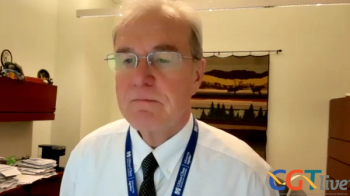
The vice president of ASGCT discussed important research that will be represented at the upcoming conference and challenges for the field to address in the future.

The vice president of ASGCT discussed important research that will be represented at the upcoming conference and challenges for the field to address in the future.
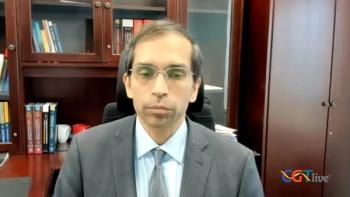
The director of the Mount Sinai Fuster Heart Hospital discussed trends in research and challenges with adopting new therapies.
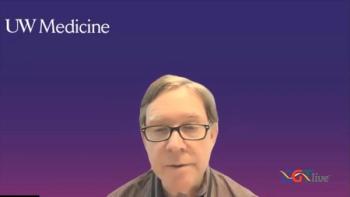
The McCaw Endowed Chair of Muscular Dystrophy at University of Washington gave a background on ASGCT, its founding, and how far the field has come since.
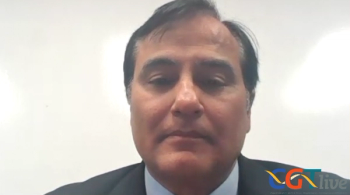
The medical director of the Center for Inherited Blood Disorders discussed barriers to the widespread adoption of val-rox by the hemophilia A community.
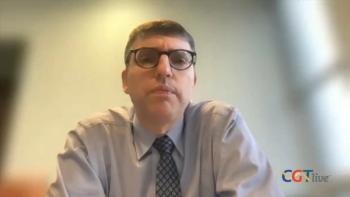
The chief of cardiology at Weill Cornell Medical College shared his outlook on the future of gene therapy research in the field.
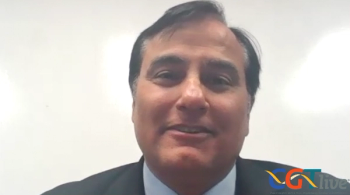
The medical director of the Center for Inherited Blood Disorders discussed the entrance of BioMarin’s val-rox into his center’s practice.
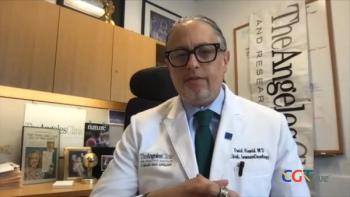
The professor from Cedars Sinai discussed data he is anticipating from further investigations into lifileucel.
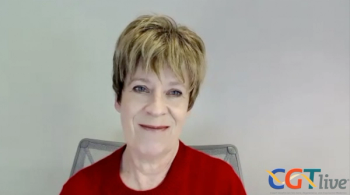
The President Elect of ASGCT and a distinguished professor of microbiology at Keck School of Medicine of USC also discussed recent milestones in gene therapy.
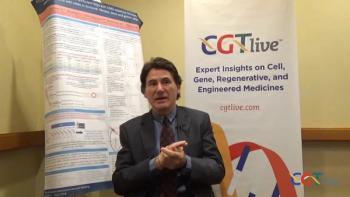
The lead scientist at Percheron Therapeutics discussed a phase 2 blinded study of ATL1102 being conducted in the Europe and Australia.

The Assistant Professor of Medicine at Weill Cornell Medical College discussed the changing cell transplant landscape.
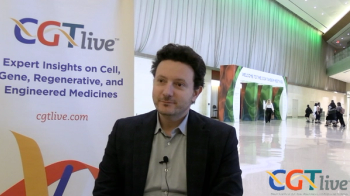
The principal investigator at the Gene Therapy Program of Dana-Farber/Boston Children’s Cancer and Blood Disorder Center discussed innovative uses of gene editing technology.
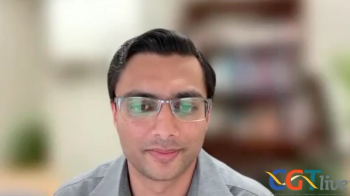
The attending physician and assistant member of bone marrow transplantation and cellular therapy at St Jude Children’s Research Hospital also discussed hurdles to accessibility for SCD gene therapy.

The associate professor of dermatology at Stanford University discussed how the May 2023 approval of B-VEC may shift the treatment field for RDEB.
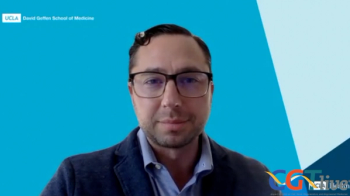
The medical director of the UCLA Bone Marrow Transplantation Stem Cell Processing Center discussed results from a phase 1b trial for allo-HCT alternative Orca-T that he presented at Tandem’s 2024 conference.
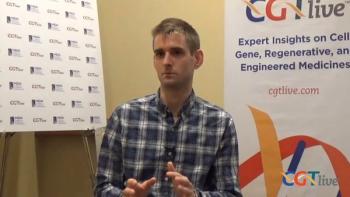
The postdoctoral scholar at University of California – Irvine discussed research aiming to link genetic variants and neurodegeneration.
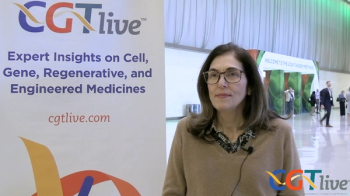
The infectious diseases specialist at Memorial Sloan Kettering Cancer Center discussed the session she chaired for the Infectious Diseases Track at Tandem’s 2024 Meeting.
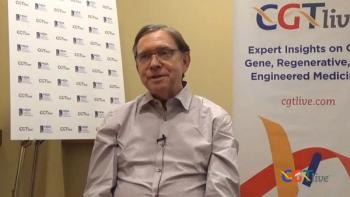
The McCaw Endowed Chair of Muscular Dystrophy at University of Washington discussed highlights from the meeting.
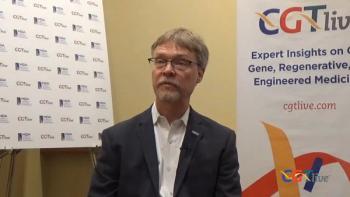
The director of the Manton Center for Orphan Disease Research at Boston Children’s Hospital discussed takeaways from an MDA session on rare diseases.
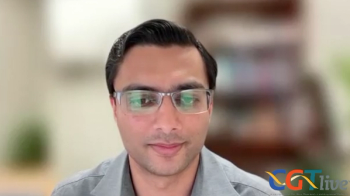
The attending physician and assistant member of bone marrow transplantation and cellular therapy at St Jude Children’s Research Hospital discussed recently approved and still-upcoming gene therapy options for SCD.
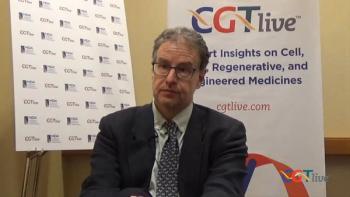
The deputy director, Division of Rare Diseases Research Innovation, NCATS, NIH, discussed the NIH’s genome editing program and more.
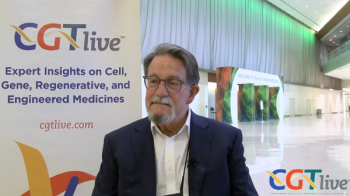
The director of the Center for Gene and Cellular Immunotherapy at Washington University School of Medicine discussed novel innovations that lie on the horizon.
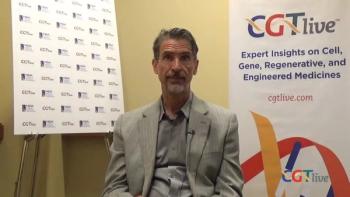
The Lichtenstein professor of neurology at University of Miami Miller School of Medicine discussed research his lab is pursuing and its applications.
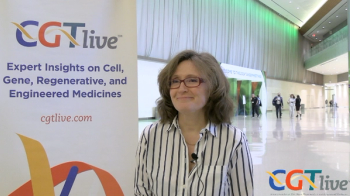
The associate professor in the Translational Science and Therapeutics Division at Fred Hutch Cancer Center discussed her lab’s research on making TCR T-cell therapies more effective.
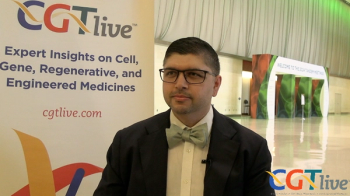
The stem cell transplantation physician at the Dana-Farber Cancer Institute discussed how to look at the value therapies provide and how to improve the cost-effectiveness of their use.
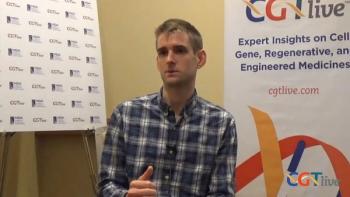
The postdoctoral scholar at University of California – Irvine discussed further questions he is continuing to investigate.
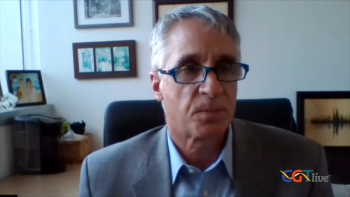
The director of Cell Therapy and Transplant at Penn Medicine discussed his outlook on CAR T-cell therapy research and the future.
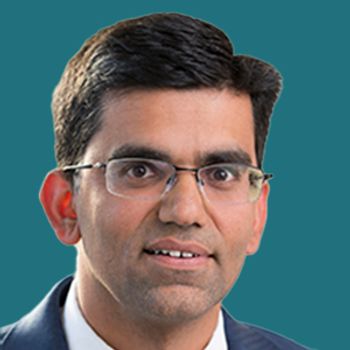
Atul Malhotra, MD, PhD, the head of the early neurodevelopment clinic at Monash Children's Hospital, discussed his lab’s research in the field of neonatal cell therapy.

The assistant professor dermatology at the Northwestern University Feinberg School of Medicine discussed the potential for further research enabled by B-VEC.
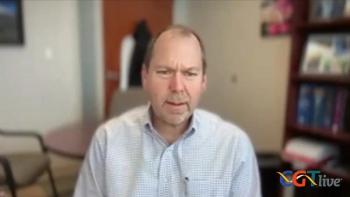
The professor of medicine at Duke Cancer Institute discussed uptake and research with the cord blood therapy since its approval.

The Chief Medical Officer of Addimmune discussed past and future research with the AGT103-T gene therapy.